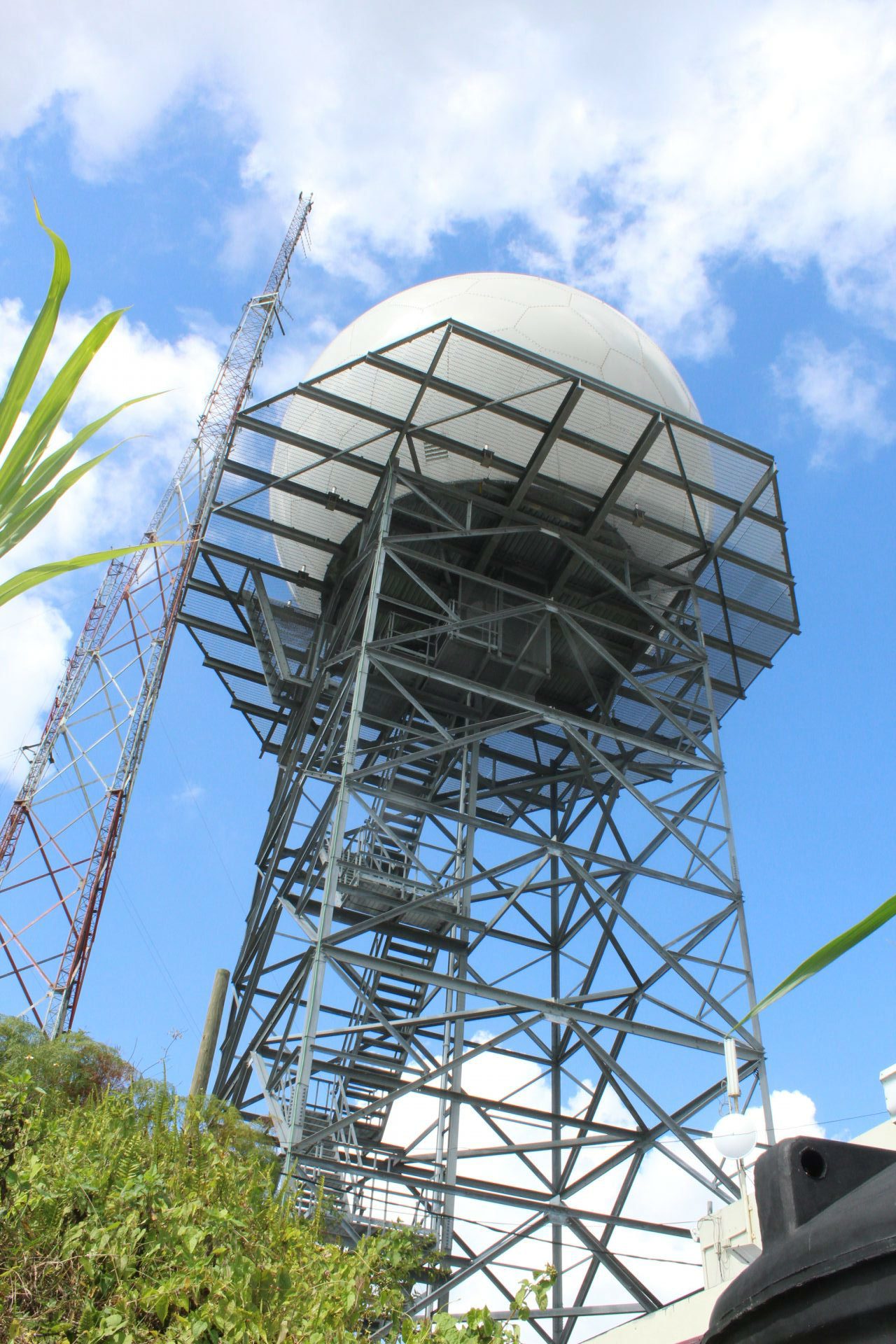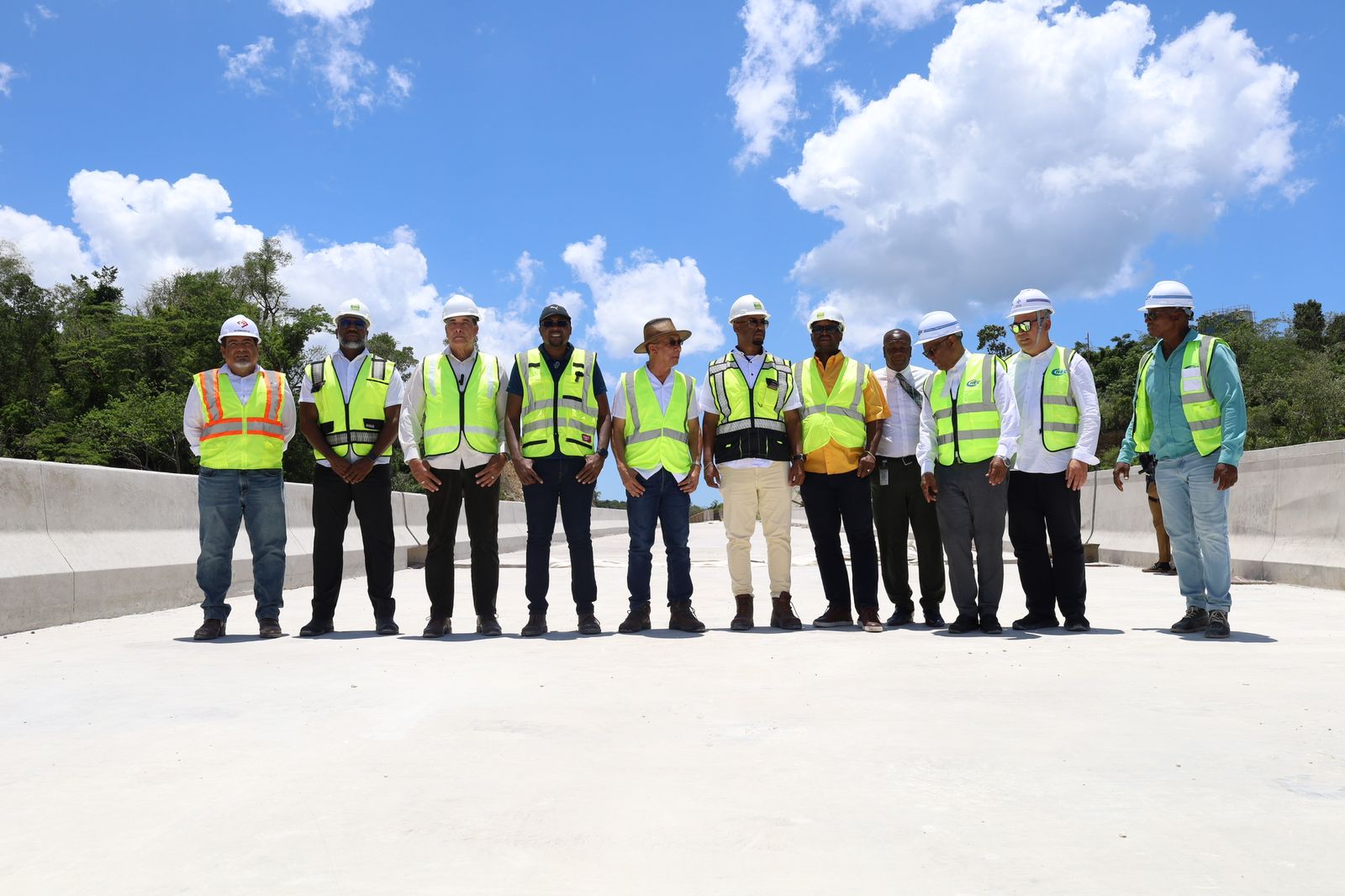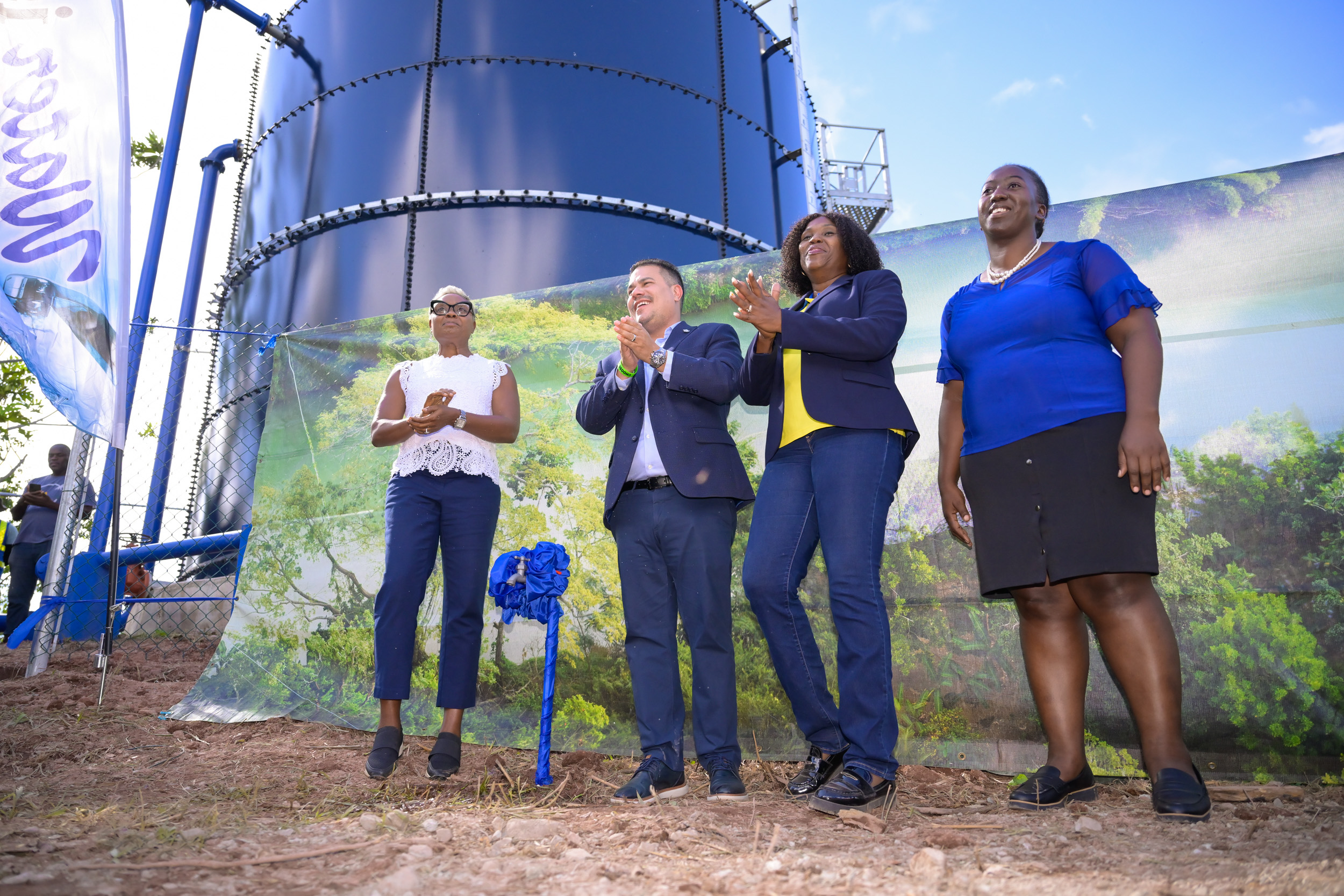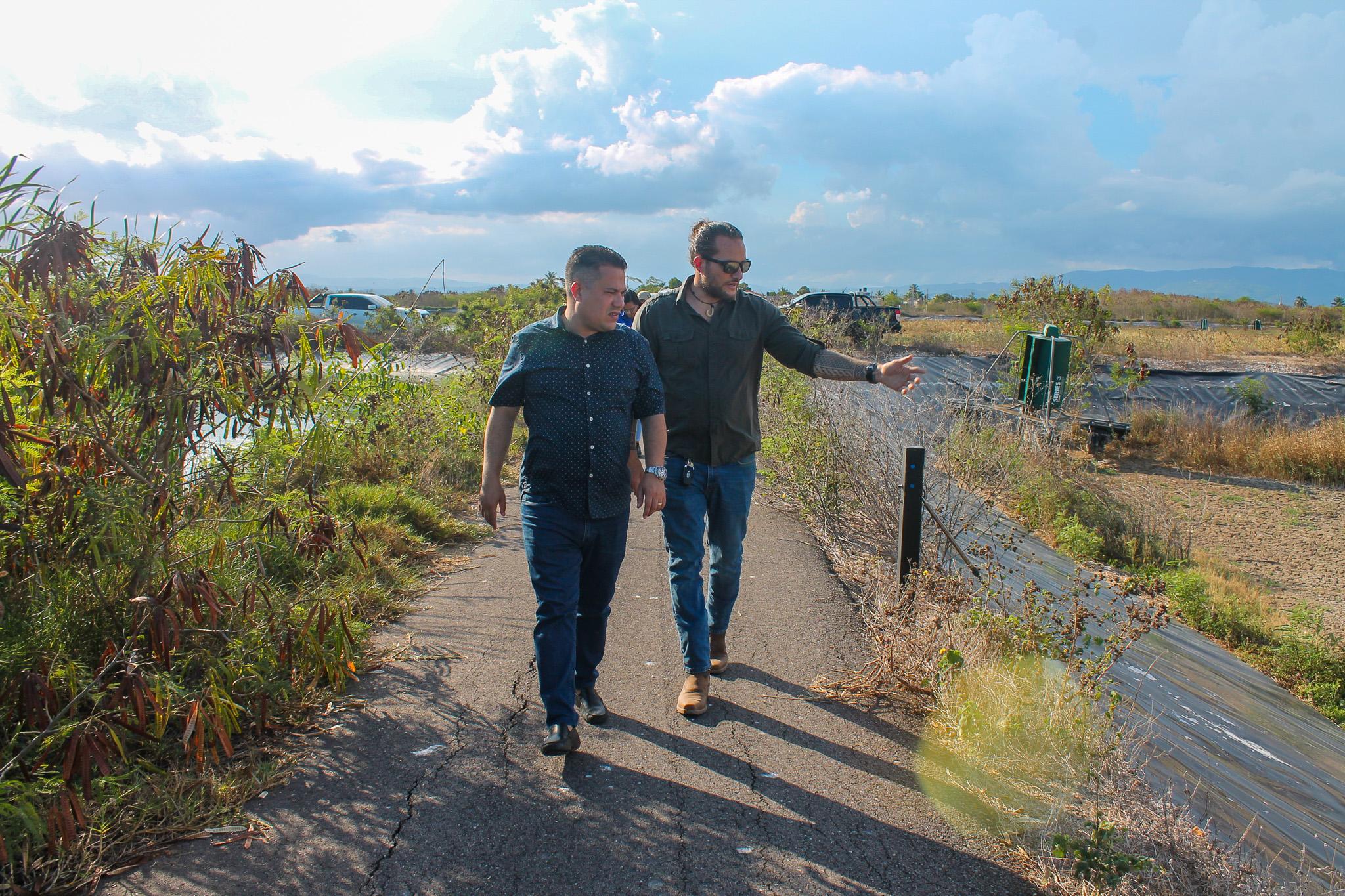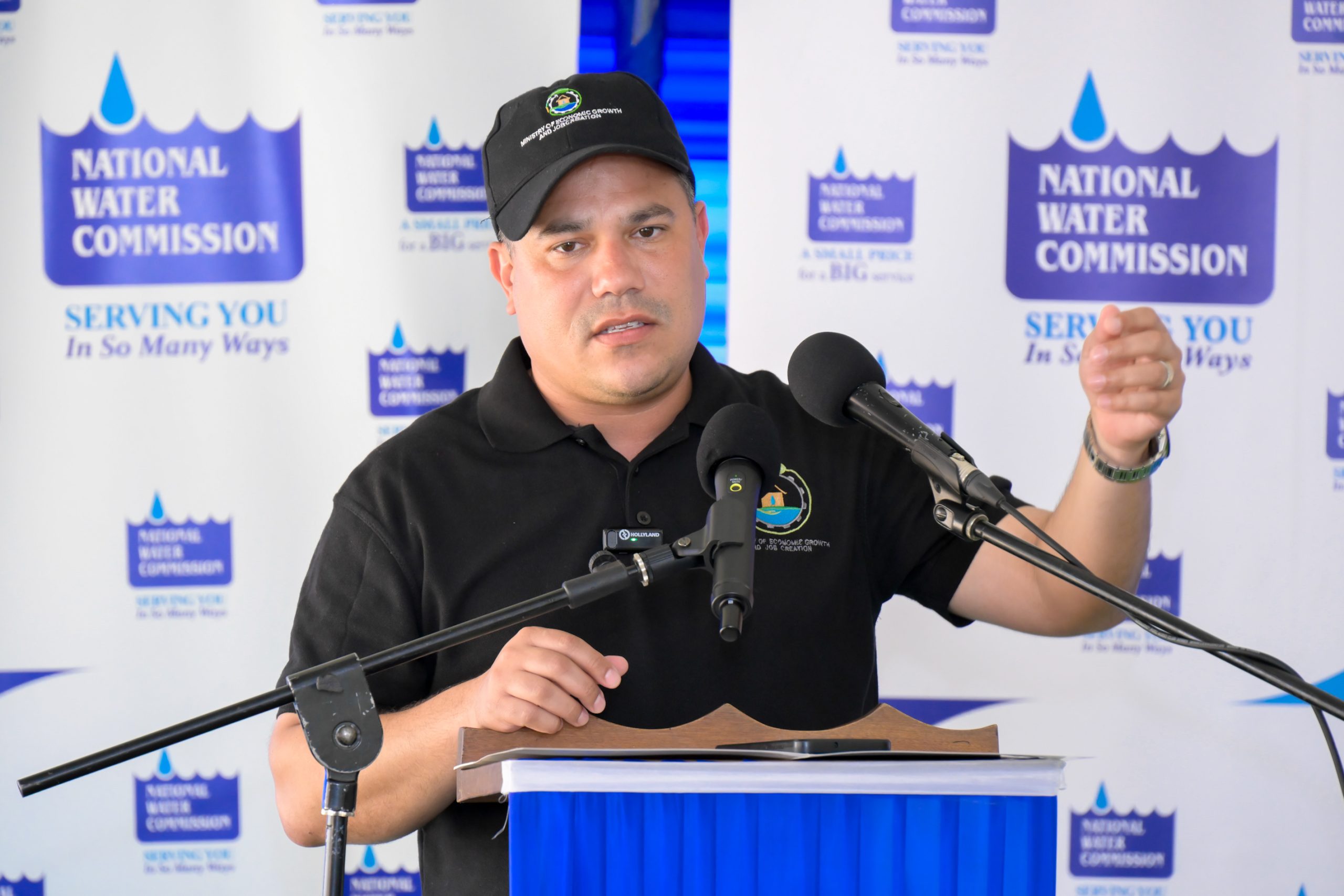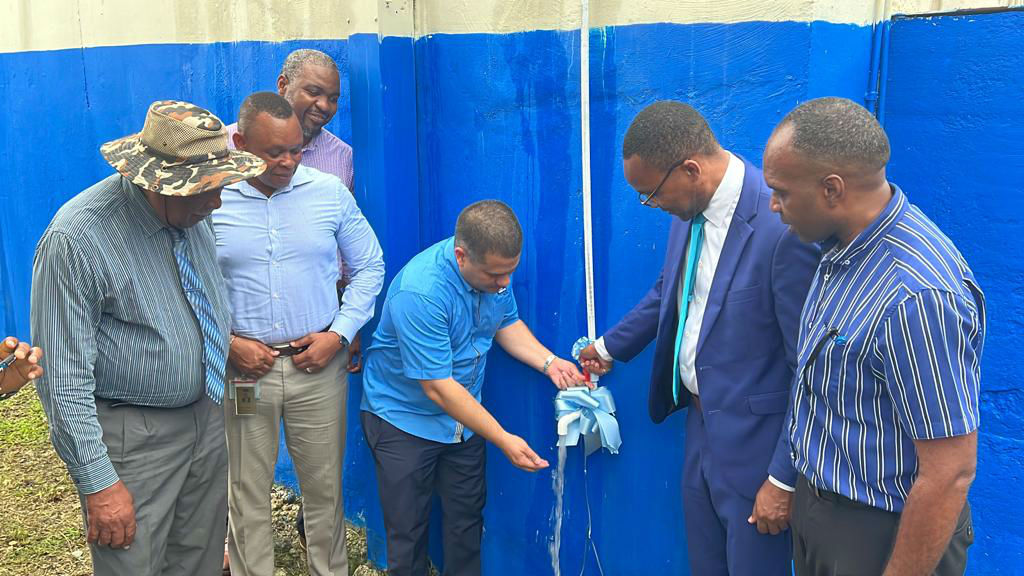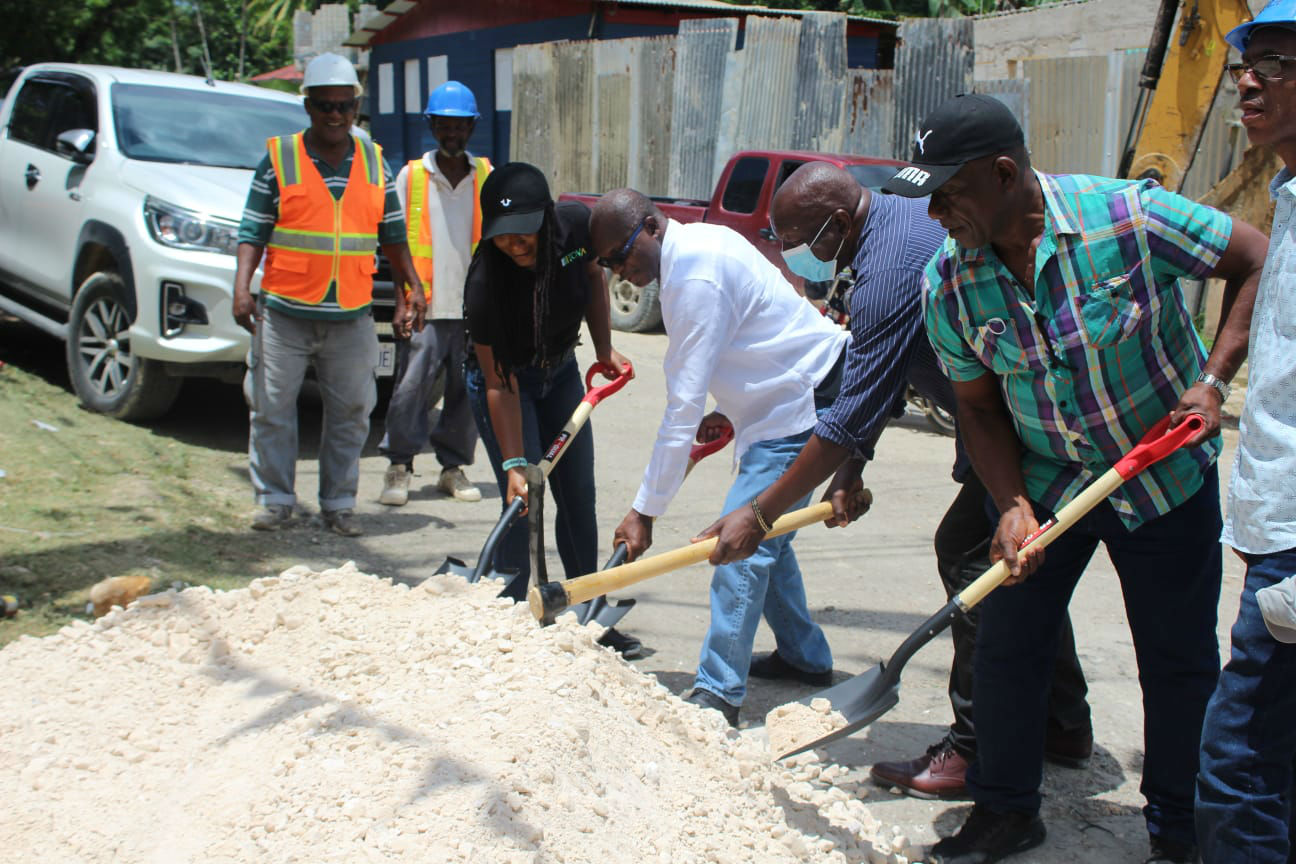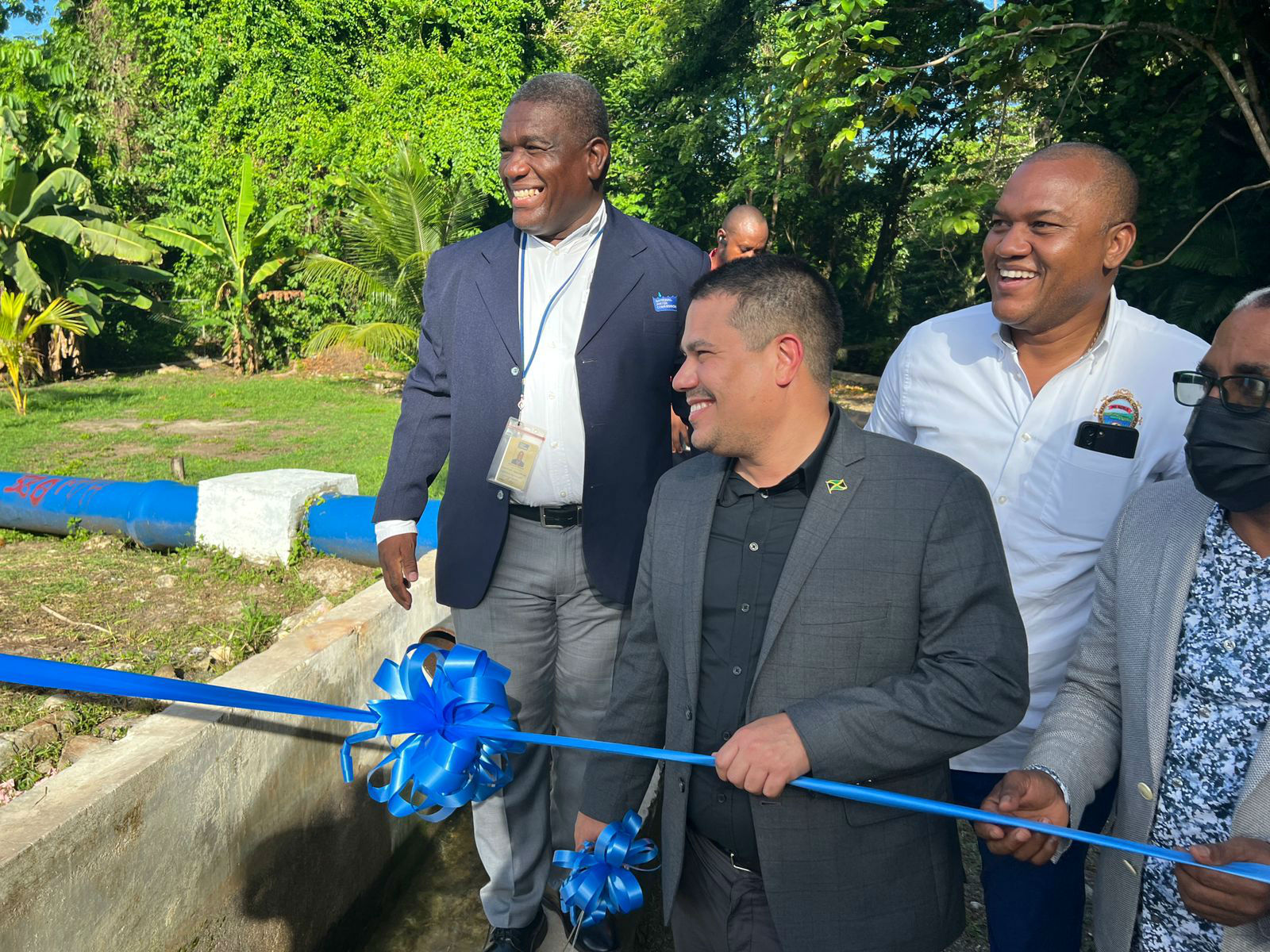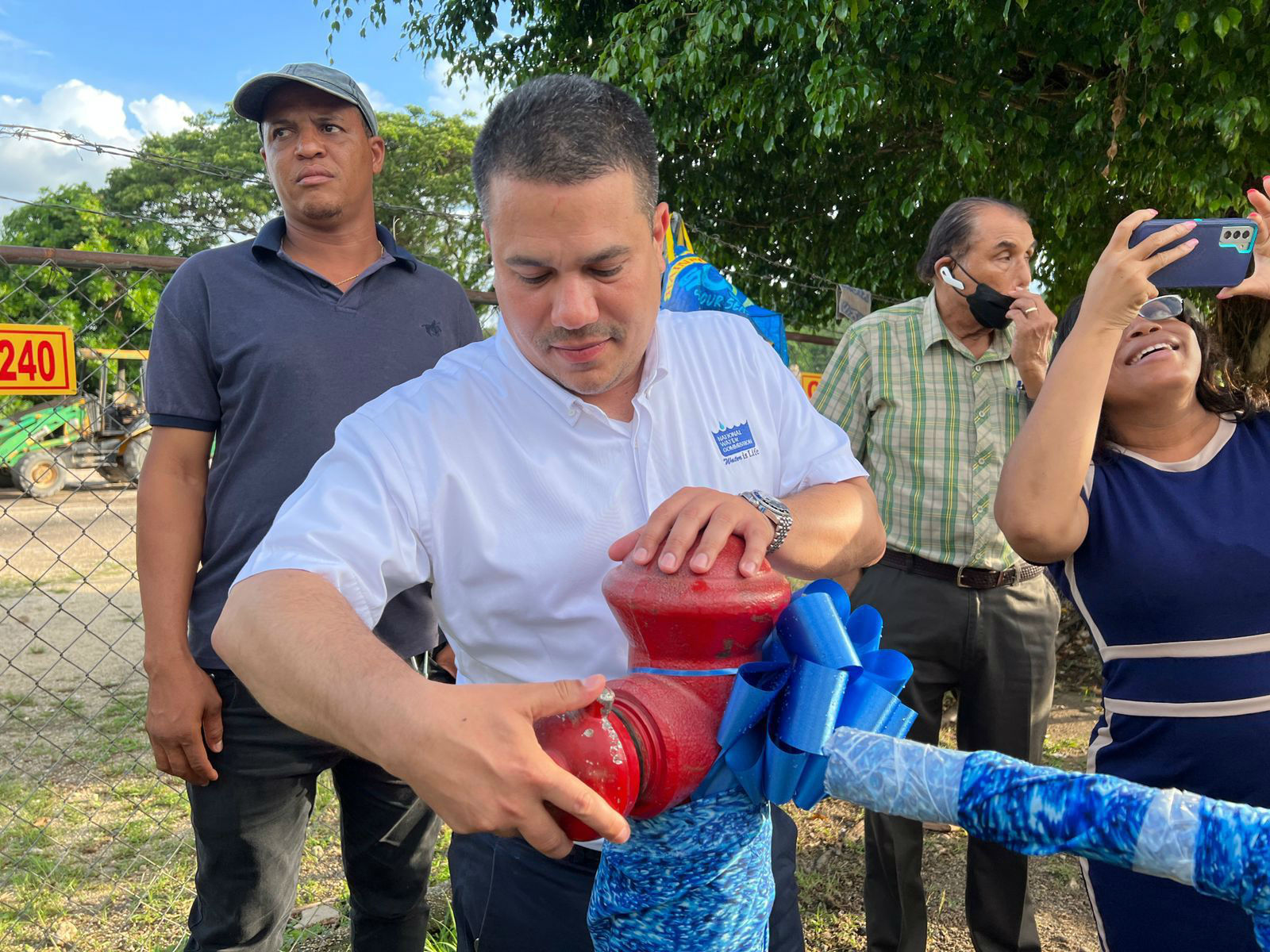Between thirty and forty-thousand residents in Eastern St. Mary, and approximately two thousand residents of communities in Montego Bay St. James are currently benefitting from improvements in their supply of water from projects undertaken by the National Water Commission in the two parishes.
They are the Iter Boreale Well Improvement works in Eastern St. Mary and the Torado Heights (Number one and two) Tanks in Montego Bay, St. James.
Speaking at the commissioning of the Iter-Boreale system on Thursday, July 21, 2022, Minister Samuda noted that water is the base of all economic activity and heralds the future growth of the people of St. Mary.
“Economic growth then brings employment, so it then forms the base of future personal growth. As people get employed they get job opportunities and things get better. But importantly, they form the basis for human dignity and human health”, the Minister said.
Noting how critical it is for governments to ensure that all citizens have access to potable water, Minister Samuda stressed that there are certain challenges in doing so, among them fiscal constraints .
“I’ve never met an employee at NWC who doesn’t want to provide everybody with 24 hours of potable water at their homes. There is the fiscal constraint and that is something that we have to confront, and it requires restructuring, it requires new thinking and it requires an expanded non-revenue water programme, similar to the one that we would have launched in Portmore, and one that we would have done some review of in Kingston and St. Andrew”, Minister Samuda noted.
The Minister pointed out that a critical ingredient in the supply of water is energy costs, adding that the National Water Commission, like all other entities and citizens, has faced increased costs due to the increase in oil prices.
“Everytime there is an increase in oil prices, it affects new projects and our ability to move faster to connect new customers or to repair old lines etc. We have had significant increases just like all citizens in the country, for our power. This has affected us negatively. It is because of this within the coming weeks I expect cabinet to review and hopefully approve, a plan that will see NWC look to revamp its energy usage at all levels”.
However, Minister Samuda was at pains to point out that persons should not construe this to mean that the NWC is leaving the grid, but rather that the NWC is taking a “hard look” at its power usage and the possibility of utilizing cheaper sources at some of its plants.
“It does mean that we will have to work with our stakeholders including JPS going forward to ensure that we use the best systems, that we get the best rates and that we are able to change the situation because small changes in that area allow us to do community projects that benefit thousands and thousands of Jamaicans”, the Minister continued.
Noting that the impacts of climate change was another consideration in the provision of water, Minister Samuda pointed out that in May this year, the island received rainfall that was equal to 49 percent of its 30 year average, with St. Mary in Particular, receiving 46 percent of its 30 year average in May.
“If you have less rainfall, if you have increased energy costs, we’re going to have challenges. One of the ways that we are going to beat that challenge is that we are going to have to look at all our systems and we have to take care of the leaky pipes. We have to put in place a non-revenue water system nationally and its something we are looking at in terms of what the best model is for financing because that is going to be critical as we deal with the ravages of climate change. There is no way around it. We won’t be able to lose a drop of water if we are going to manage the changes in weather patterns and that is just the reality” he said.
The Iterboreale System will benefit residents in Islington, Nutsfield, Highgate and several other communities going as far as central St. Mary.
In commissioning the Iterboreale system, Minister Samuda reiterated his concern about the theft of water, which he emphasized during a previous tour on Wednesday July 20, of the Torado Heights Number One and Two tanks in Montego Bay, St. James.
During that tour, Minister Samuda, who was joined by Minister without Portfolio in the Office of the Prime Minister, Hon. Homer Davis, emphasized that the projects to ensure a steady supply of water to citizens are not cheap, noting for example, that the upgrade to the Torado Heights Number 2 tank represented an investment of $125-million dollars.
“We want to maintain them, we want everybody to have flowing water through their pipes all the time. But it means that those who are stealing it have to come on to the system legally. So we are asking and appealing to citizens to come forward if they have information on those stealing water”, the Minister said.
Minister Samuda further noted that the administration over the past six years had done a tremendous amount of technical work in improving the water supply across the country adding that dozens of projects are to come on stream, not only in Western Jamaica, but islandwide.
“You will be seeing a full roll out of water systems, right from here to Westmoreland. To be clear it is islandwide that these developments are taking place. The NWC, Rural Water, the National Irrigation Commission are working around the clock to ensure that citizens have access to water, potable water in homes, irrigation water in agriculture, we are working around the clock to ensure that persons have it and we are investing behind it”.
The Torado Heights Number One Tank has a 200-thousand gallon capacity, while the capacity of the Number Two tank, which is 90-percent complete, was quadrupled from 30-thousand gallons to 100-thousand gallons.
“In essence, the government would have put in 300-thousand gallons of storage capacity. When we checked the system a while ago, since the system has been completed, eight million gallons have been pumped to Flower Hill thus far. So you are seeing significant benefits and increase in the capacity of the NWC systems in this area”.
The Torado Heights systems will serve customers in Coral Gardens, Flower Hill and Torado Heights with a better, more reliable water supply.


